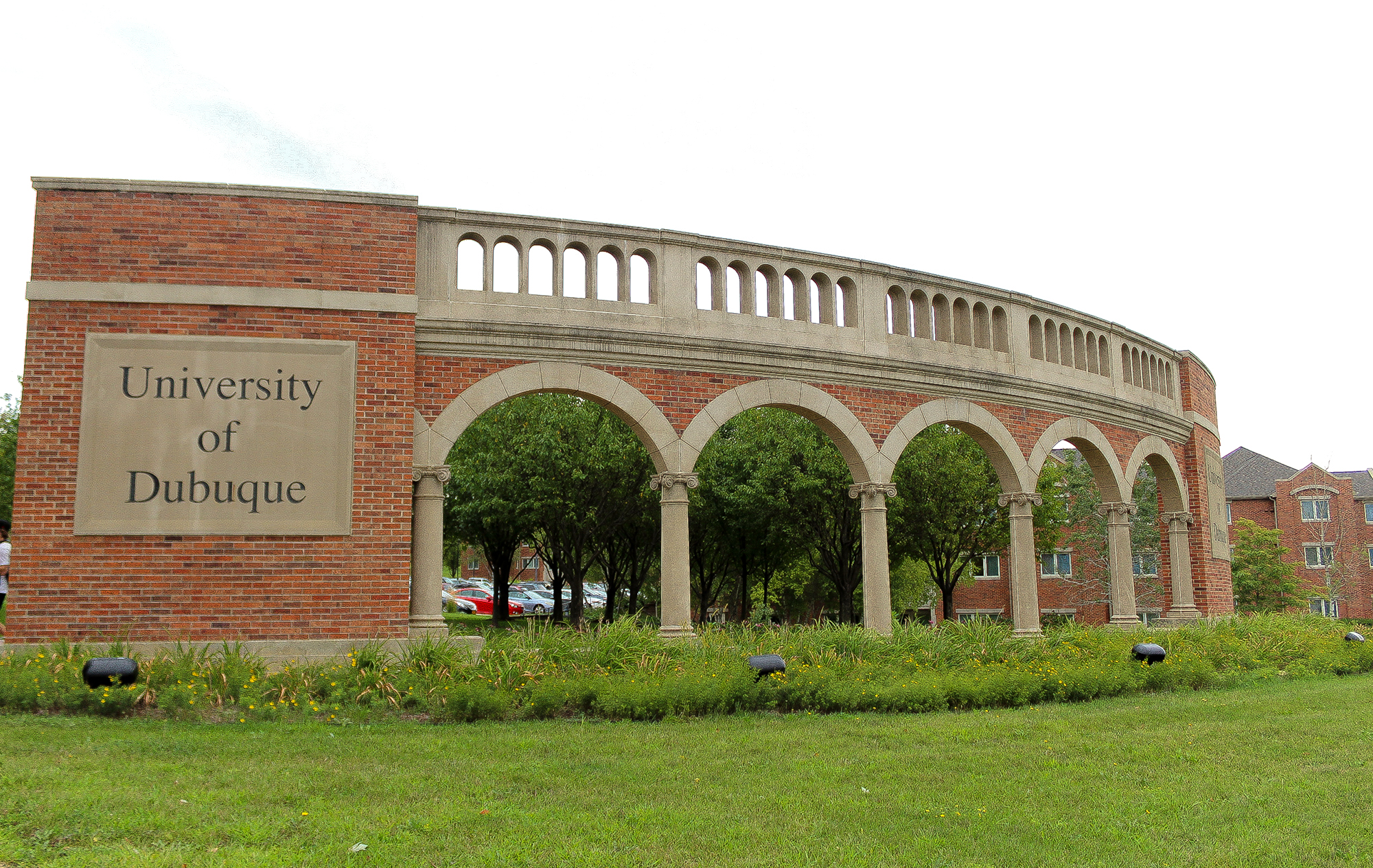Explore: Degree Programs Overview
| Site: | MOODLE |
| Course: | UDTS Foundations of Theological Education |
| Book: | Explore: Degree Programs Overview |
| Printed by: | Guest user |
| Date: | Tuesday, January 27, 2026, 2:50 AM |
Explore UDTS Degree Programs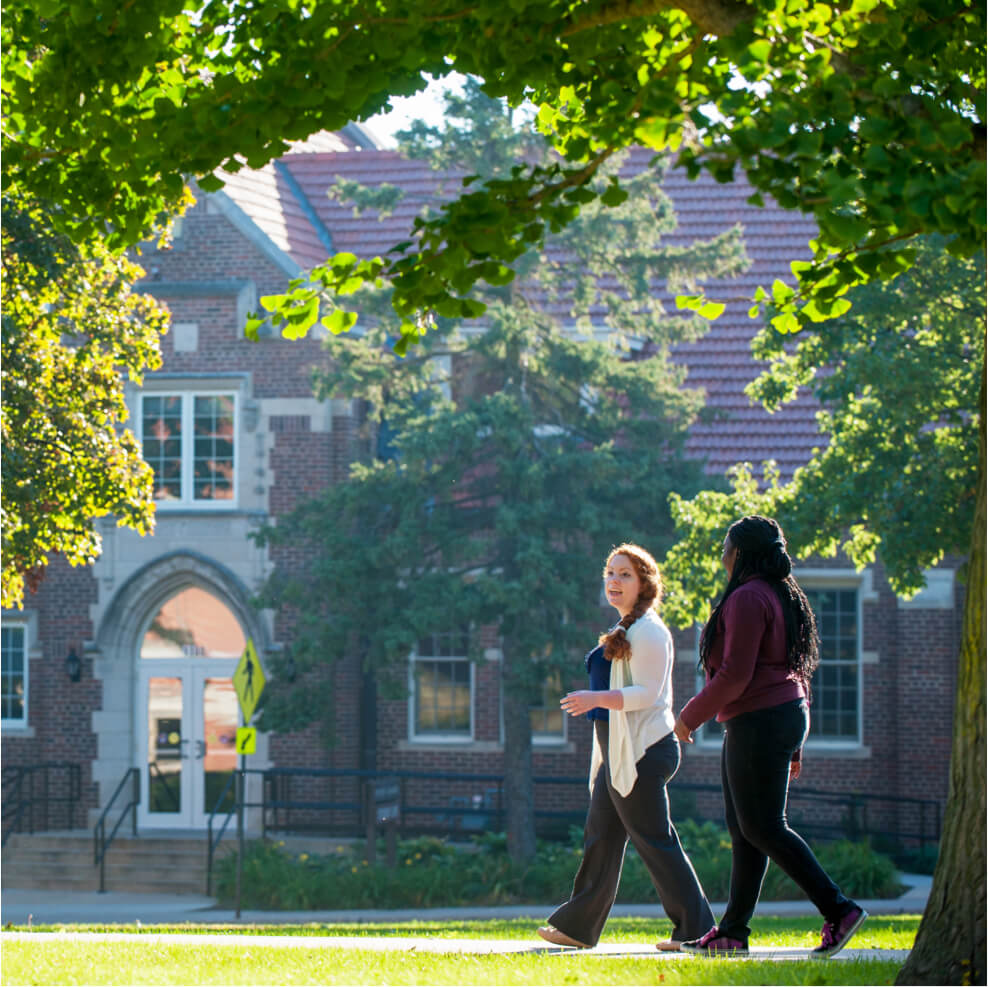
In this activity, you will review the available degree program offerings at UDTS. To navigate this activity, use the blue navigation links at the top and bottom of each page to move forward or backward through the pages. You can also use the table of contents found at the far right of each page.
Click the Next: Introduction to Degree Programs button to continue.
Introduction to Degree Programs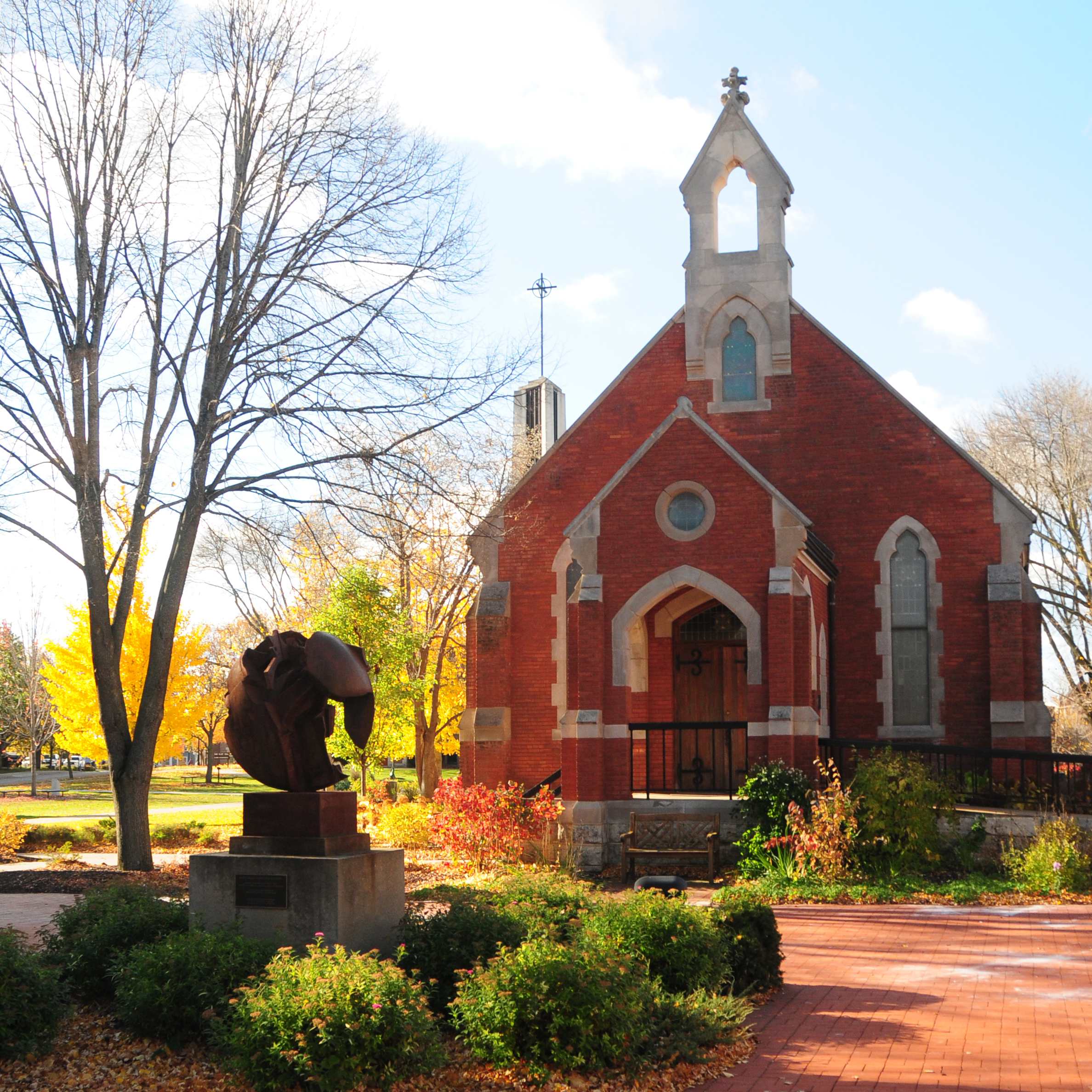
Master's Level Degree Programs
- Master of Divinity, MDIV
- 75 credits
- Offered as distance learning or residentially
- Short term residencies required in August
- Master of Arts in Mission and Discipleship, MAMD
- 40 credits
- Offered as distance learning or residentially
- Short term residency required in August
- Thesis project required
- Master of Arts in Reformed Theology, MART
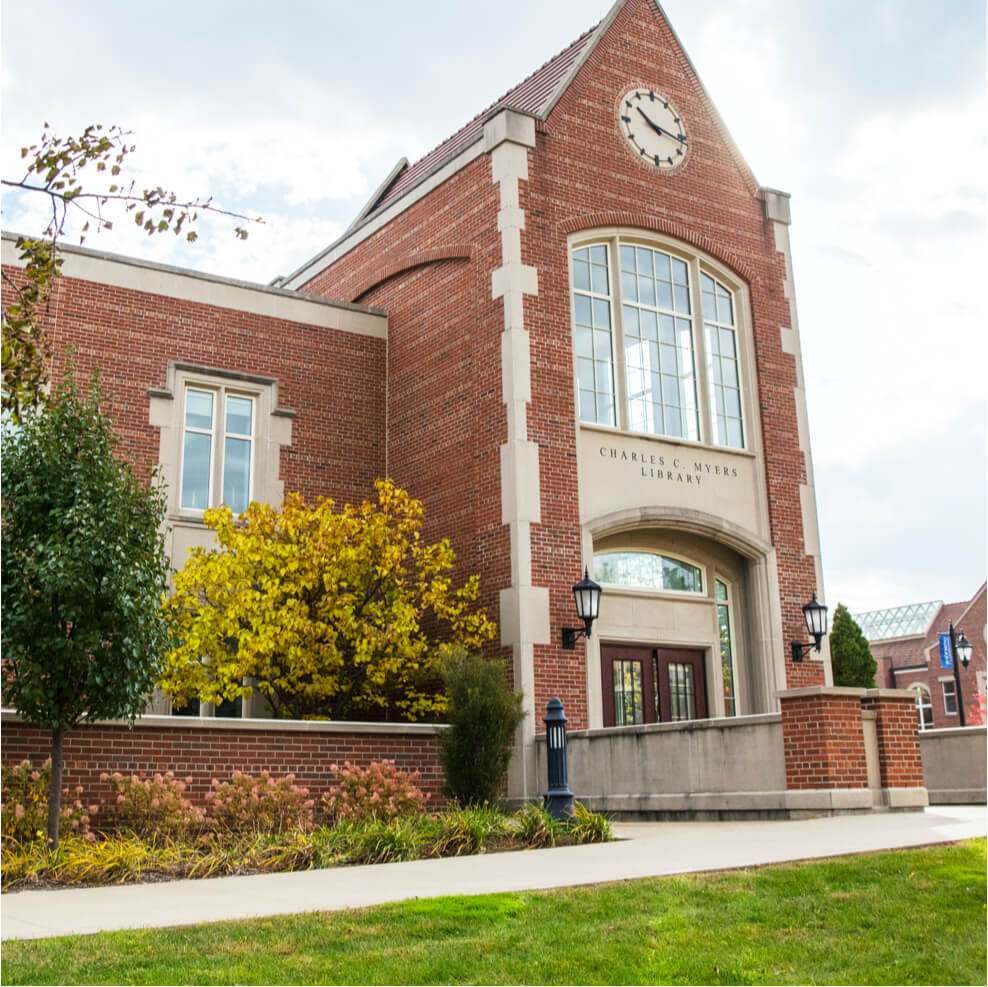
- 36 credits
- Offered as distance learning
- Short term residency required in August
- Master of Arts in Ministry, MAM
- 30 credits
- Fully online
- Offered by the University of Dubuque, accredited through the Higher Learning Commission (HLC)
Doctoral Level Degree Programs
- Doctor of Ministry, DMIN
- Cohort in-depth theme study
- Offered as distance learning with required residencies
- Dissertation required
Certificate Programs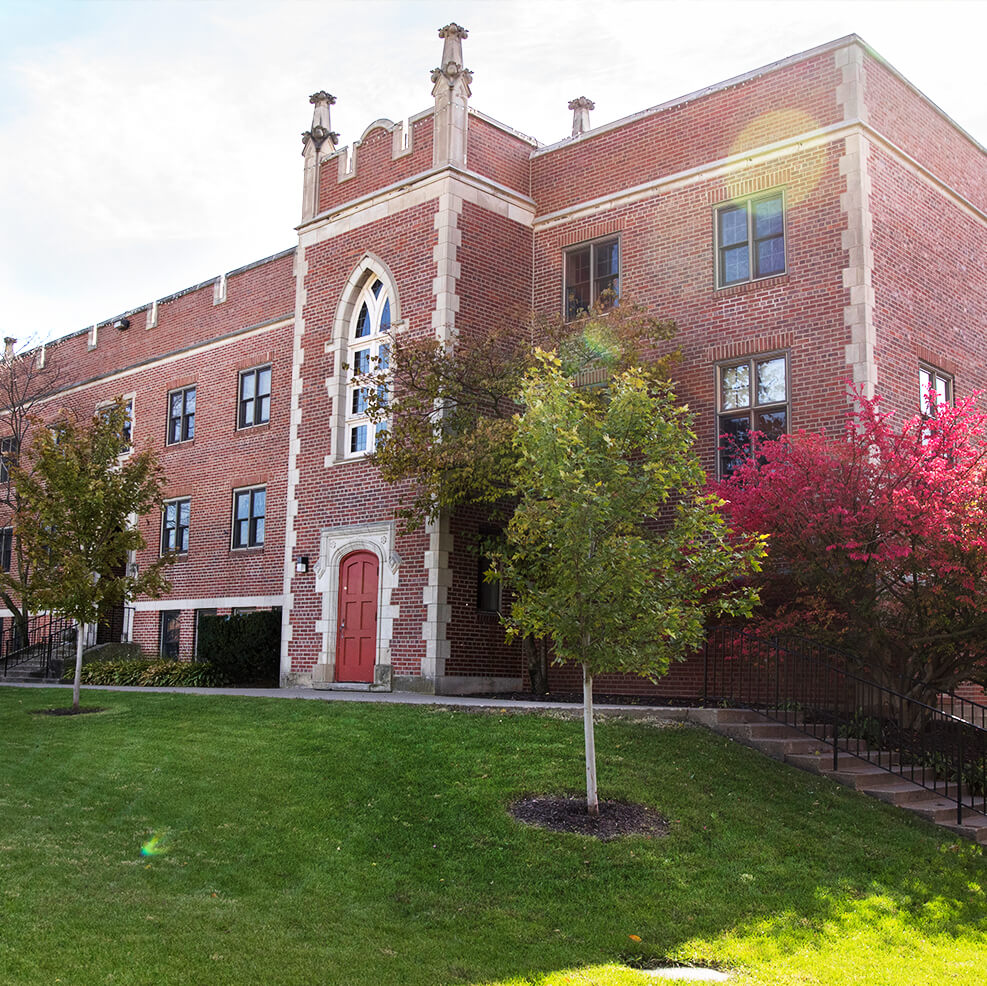
- Christian Leadership Program, CLP
- Eight courses, not for graduate credit
- Serves as preparation for effective lay leadership
Click the Next: Master of Divinity button to continue.
Master of Divinity
Curricular Goals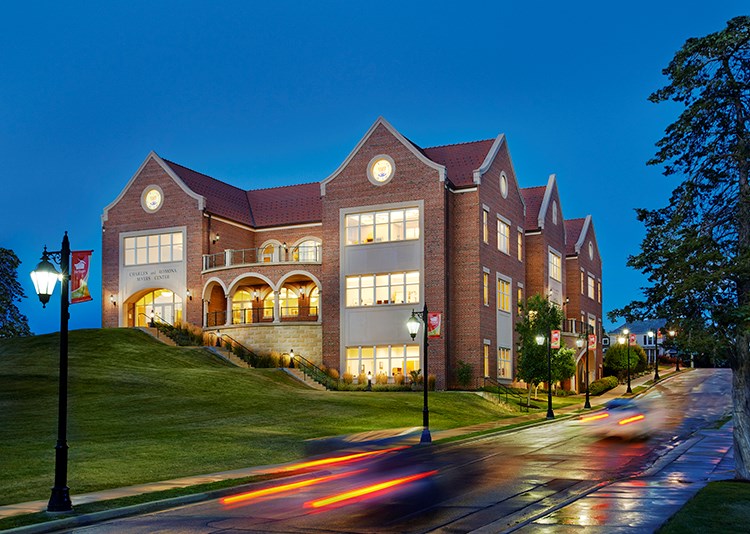
The Master of Divinity curriculum integrates theological studies with the practice of ministry to prepare faithful and effective pastors:
- Nurture habits and disciplines of study, prayer and reflection that increase their love of God and neighbor and shape their personal and professional lives.
- Be formed by, live in, and minister out of scripture and the historical and theological tradition of the church
- Interpret the Christian Scriptures through faithful exegesis and in light of the Christian tradition
- Preach the Word of God with faithfulness and clarity.
- Lead worship and administer the sacraments with theological integrity and to the glory of God.
- Engage contemporary theological and ethical issues with insight and humility.
- Evangelize the world with faithfulness and contextual sensitivity.
- Educate and equip individuals and congregations to live and minister joyfully and faithfully as part of their own denomination and the ecumenical church.
- Provide pastoral care for individuals and congregations in daily life and moments of transition and crisis.
- Lead and nurture congregations to promote peace and justice in the public arena and encourage the witness and service of the church in mission to the world.
- Integrate theology and practice in all areas of life and ministry.
Course of Study
The Master of Divinity curriculum roots Christian leaders in the Scriptures, tradition, and practices of the church with an overarching focus on building missional communities that form fervent disciples. Students in the Master of Divinity program are required to complete 75 credit hours. A cumulative grade-point average of 2.0 is required for graduation. In addition, MDiv students are required to successfully complete core courses in the three divisions of the seminary curriculum, Bible, History/Theology and Ministry, as well as SPM and Integrative courses. These include:

Bible (12 credits): | History/Theology (12 credits): |
Ministry (12 credits): | Field Education (6 credits): |
Integrative (12 credits): | Electives: |
Sample Paradigms
Click the Next: Master of Arts in Mission and Discipleship button to continue.
Master of Arts in Mission and Discipleship
Curricular Goals
- Articulate and reflect critically and constructively on the biblical and theological foundations of God's mission to the world.
- Develop, implement, and assess strategies for missional living in a specific cultural context.
- Adopt spiritual practices that nurture their personal lives as faithful disciples and witnesses
- Develop skills and capacities for faithful and competent Christian witness.
Course of Study
Required Courses
- God's Redemptive Mission
- IN 521/521 Disciple Formation I and II
- MN 531/532 Discipleship and Teaching I and II
- IN 782 Gospel in Context
- MN 630 Starting Missional Communities
- FE 602 Christian Leadership in Context
- SPM 671 Supervised Practice of Ministry
- Project Seminar
Elective Courses
- Bible (6 credits)
- History/Theology (6 credits)
- Free Electives (8 credits)
Sample Paradigm
Click the Next: Master of Arts in Reformed Theology button to continue.
Master of Arts in Reformed Theology
Curricular Goals
- Identify and articulate the core commitments of the Christian tradition with a focus on the Reformed tradition.
- Analyze how key theological terms and concepts emerged and function within the Christian tradition and, more specifically, the Reformed tradition.
- Describe and evaluate the core commitments of the catholic and Reformed tradition in conversation with historic and contemporary critics.
- Explain how key theological terms and concepts have been understood and applied in Christian congregations of various times and places, and, more specifically, congregations of the Reformed tradition.
- Analyze and apply the principles of excellent moral character and professional ethics in the context to the practices of the Reformed tradition to current practices within it.
Course of Study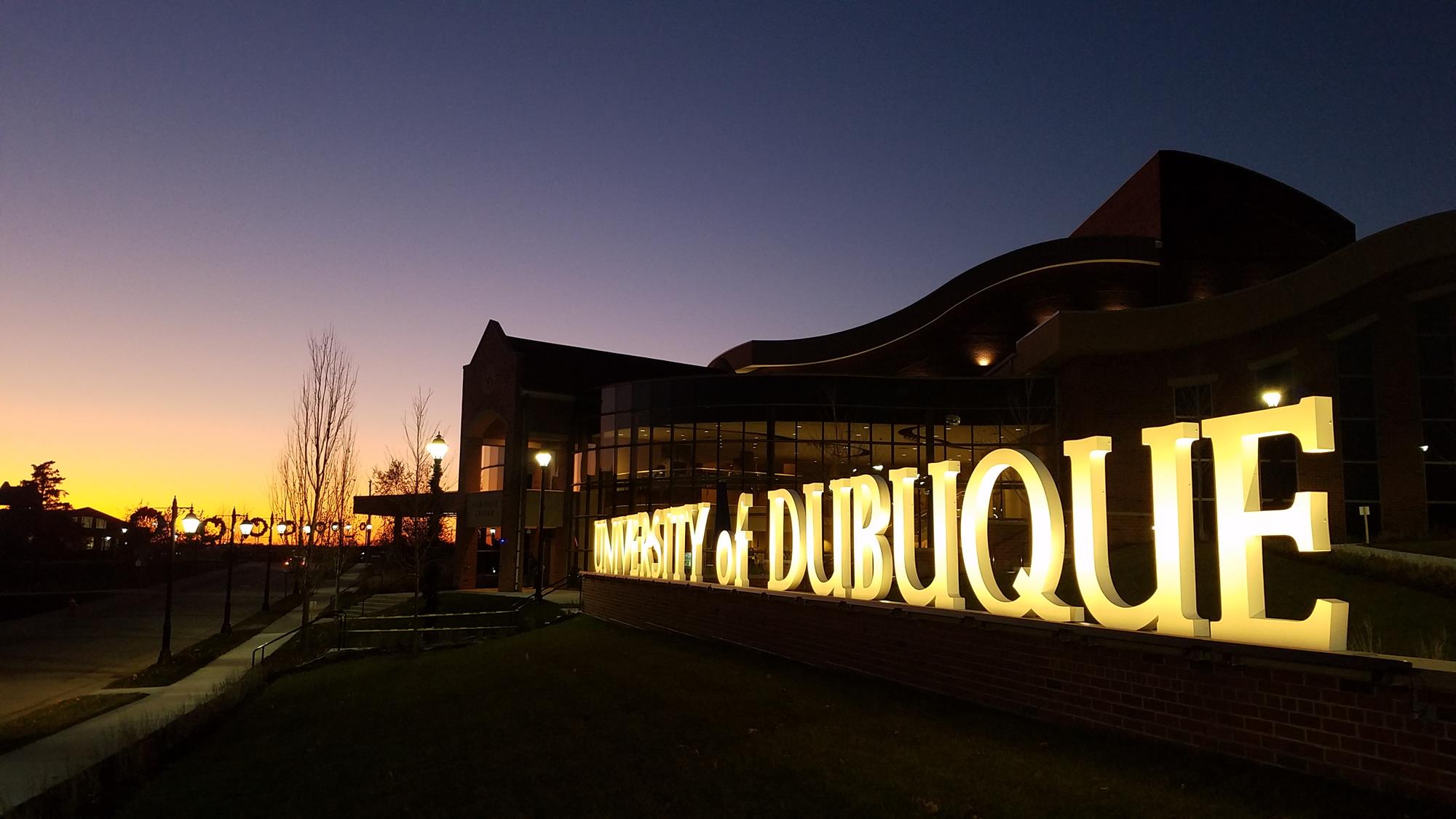
Required Courses (18 credits):
- Introduction to the Reformed Tradition
- Interpretation of the Old Testament in the Reformed Tradition
- Interpretation of the New Testament in the Reformed Tradition
- Reformed Theology I
- Reformed Theology II
- Capstone Project in Reformed Theology
Elective Courses (18 credits):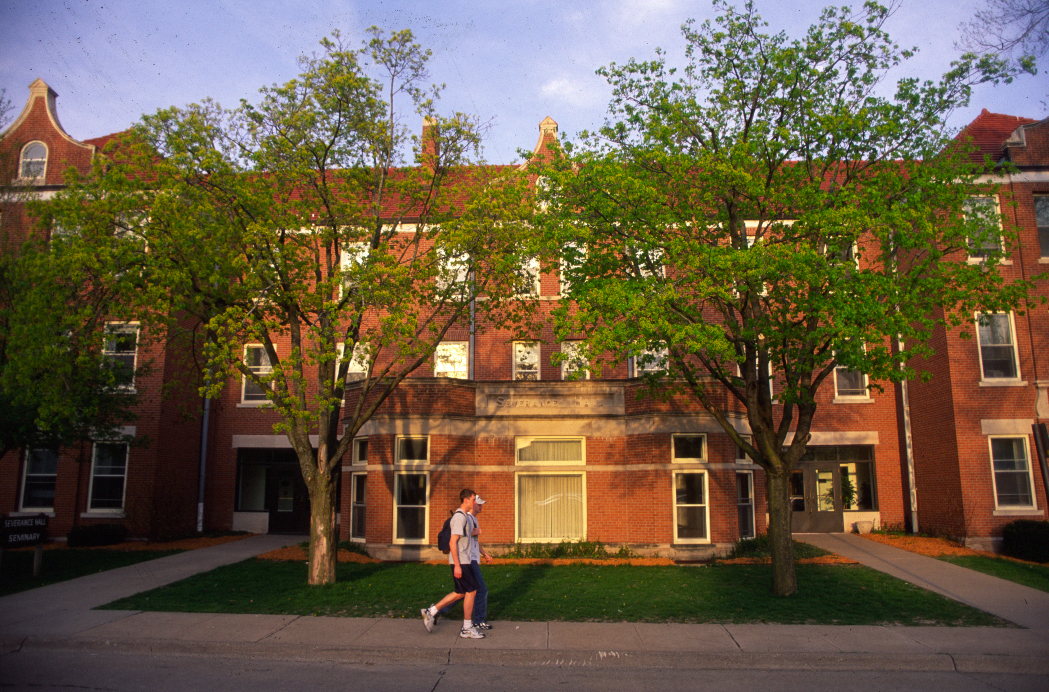
- Early & Medieval Church History
- Reformation & Modern Church History
- Presbyterian History and Confessions
- American Puritanism through Edwards
- The Theology of Augustine
- The Theology of John Calvin
- The Theology of Karl Barth
- The Theology of T.F. Torrance
- Leading Christian Worship
- Foundations of Preaching
- The Psalms in Christian Worship
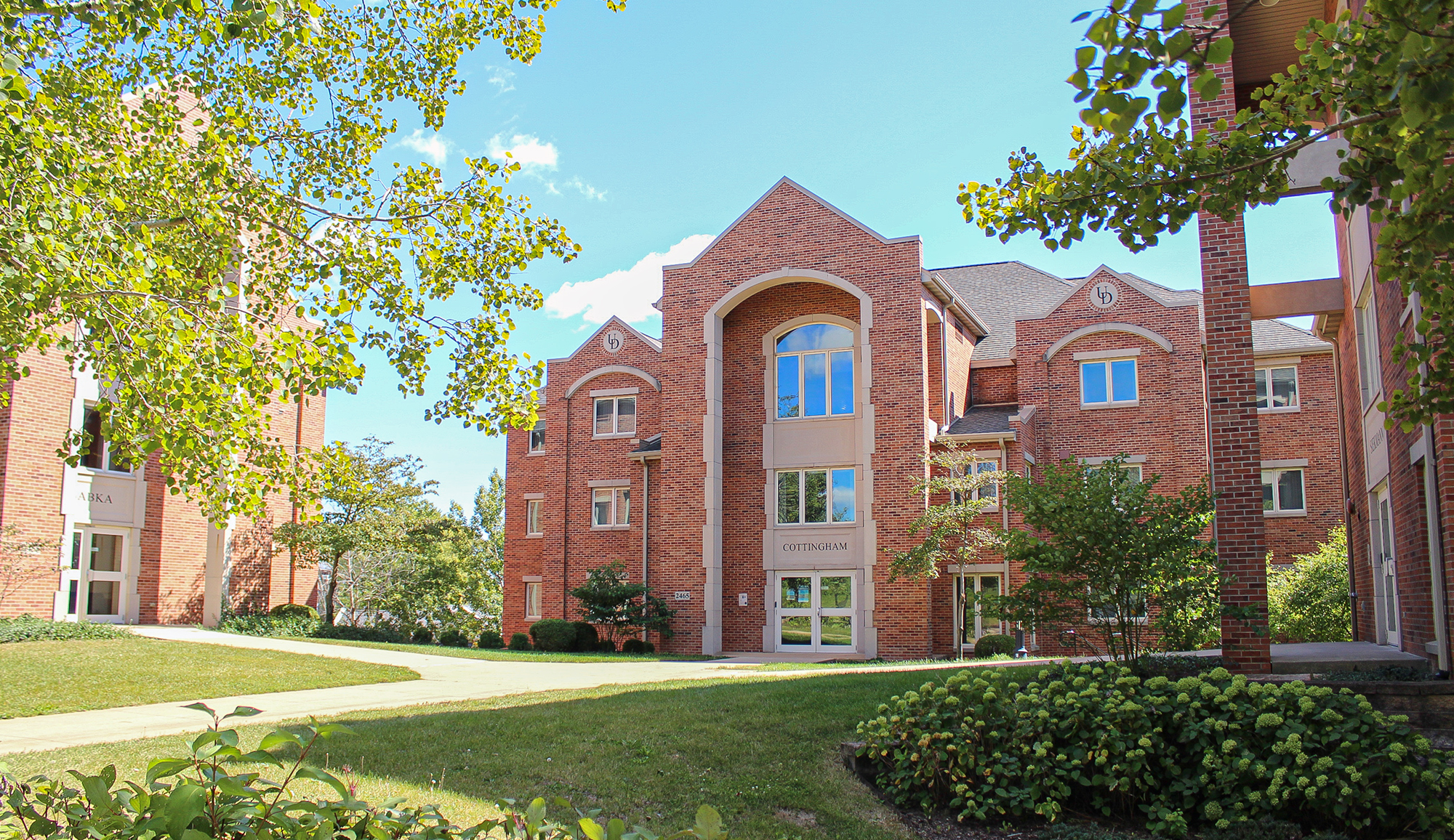
- Preaching from the Old Testament
- Preaching from New Testament Books
- Proclaiming the Word
- Expository Preaching
- Worship in the Reformed Tradition
- and More
Click the Next: Master of Arts in Ministry button to continue.
Master of Arts in Ministry
Curricular Goals
- Articulate and interpret key themes from the Christian scriptures in conversation with their contemporary and ecclesial contexts.
- Articulate and interpret key Christian theological affirmations for Christian discipleship and ecclesial life.
- Construct a biblically, theologically, and contextually coherent expression of Christian pastoral identity and practice in their life and ministry.
- Develop pastoral and practical theological methods and strategies for cultivating renewed and transformative ministry contexts.
- Apply key practices for personal, communal, and ministerial flourishing, and compose a coherent plan for life and ministry.
Course of Study
Required Courses
- Theology and Practice of Ministry
- Ministry Capstone
Elective Courses
- Bible (6 credits)
- History/Theology (6 credits)
- Free electives (12 credits)
Click Exit Book button to complete this activity and return back to the main Foundations page.

